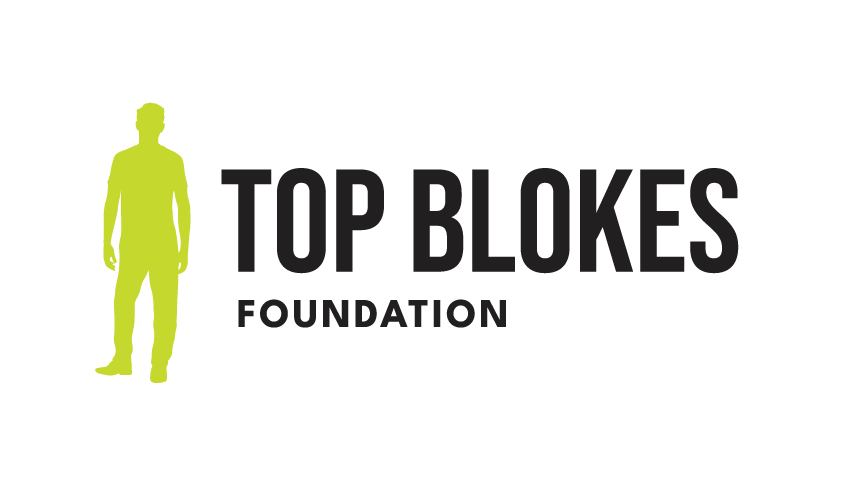Pornography is everywhere. For many young men, it’s often the first thing they see about sex — before a conversation with a trusted adult, before a real relationship, even before they understand what they want intimacy to look like. And that’s a problem.
At Top Blokes, we’ve been working with boys and young men aged 10-24 for nearly two decades. When we talk to them about porn, one thing is crystal clear: they want to talk about it, they just don’t know how.
“I think I’m addicted to porn… is that a thing?”
This question, from a young bloke in one of our mentoring sessions, isn’t rare. In fact, it’s one of the most common questions our Youth Workers get when the topic finally comes up. But these conversations don’t just happen. They’re earned after weeks of building trust, safety, and connection.
Once the space is there, the stories come out. Stories of shame. Confusion. Curiosity. And a gut feeling that something isn’t quite right.
One of our Youth Ambassadors put it this way: “The more messed up the content gets, the more shame there is… and the less people talk about it.”
The Porn Problem: What They Told Us
Earlier this year, we asked our Youth Ambassador Council – made up of 10 incredible young men who’ve completed Top Blokes programs — to help us shape our submission to the NSW Parliamentary Inquiry into the impacts of pornography on mental, emotional and physical health. What they shared was raw, honest, and real.
Here’s what they told us:
- They started watching porn early — some as young as 9 or 10.
- They never felt safe talking about it, especially with adults.
- They believed what they saw. Violent content. Lack of consent. No condoms. No connection.
- They didn’t realise the impact on how they saw women, how they saw themselves, and what they thought sex was supposed to be.
“Porn made me think sex was meant to be rough, dominant, emotionless. I thought that was normal.”
— Youth Ambassador
What Porn Doesn’t Teach You
In our programs, we challenge those assumptions. We talk about what porn doesn’t show — the Four Cs:
- Communication – Real relationships need real conversations.
- Consent – It’s not a vibe; it’s a clear, mutual agreement.
- Condoms – Safe sex isn’t optional.
- Connection – The real reason people seek intimacy.
And when young men are given the facts, something shifts.
“It was like a brain fog lifted. I didn’t even realise how much it was messing with me.”
— Program graduate
No Shame. Just Real Talk.
We don’t shame young men for watching porn. That doesn’t work — and they know when they’re being judged. Instead, we create spaces where they can ask questions, reflect, and think critically about their choices.
Like any risky behaviour, it’s about harm minimisation. We don’t say “don’t watch porn.” We say, “let’s talk about how it’s making you feel, how it’s shaping your expectations, and what healthy sexuality actually looks like.”
“We’re not pretending it doesn’t exist. We’re saying: let’s be real about what it is—and what it isn’t.” — Isaac, Top Blokes Youth Worker
What Needs to Change
Through our submission, our Youth Ambassador Council called for:
- Better porn literacy in schools.
- More education around consent, respect, and healthy masculinity.
- Programs run by trusted adults, not just online safety filters.
- Support for parents to talk about porn with their kids — without panic or judgment.
And most importantly?
“We need to talk about this earlier. If the first time you’re learning about sex is through porn, it’s already too late.” — Youth Ambassador’
A Voice at the table
As part of our involvement in the NSW Parliamentary Inquiry into the Harmful Impacts of Pornography, the NSW Parliamentary Committee accepted our recommendation to hold a private roundtable with young males to hear directly about their observations, experiences and insights into the impacts of porn. This week, after months of hard work behind the scenes, eleven young men stepped into NSW Parliament to speak directly with MPs as part of the Inquiry into the impacts of pornography.
They brought honesty, courage and lived experience to a conversation that too often excludes them.
One participant captured it perfectly: “I never imagined that my voice—as a young man—could drive real change.”
Kate from the Raise Foundation – a counsellor in attendance at the private roundtable said, “I want to share just how impressive the group of young men were… they carried themselves with maturity, respect, and vulnerability. They really showed what young people can do when given the chance to use their voices.”
Toby, a Top Blokes Youth Worker, said, “When they walked out of the room, the young men were proud of themselves. Their voices made a real impact.”
Young males consistently tell us they wish they had more opportunities to help develop and shape solutions to the very issues that affect them and their peers. And it’s a privilege to help them achieve this. While we won’t share the contents of the conversations or images of young males who participated, we can give some context with the opening statement Melissa Abu-Gazaleh, Managing Director of Top Blokes, gave as part of the public hearing.
State Manager, Dan Allars added “What continues to strike me is this: when we offer young men a safe, non-judgmental space, they show a remarkable willingness to open up. The outdated notion that young men don’t want to talk – or can’t engage in meaningful conversations about complex topics like pornography – simply isn’t true.” And the young men who represented their peers and all the top blokes out there certainly showed that this week.
At Top Blokes, we’re here to back young men to lead, to grow, and to be heard. And we’ll keep showing up until every young bloke knows his voice matters.
We believe young men deserve more than a search bar and an algorithm to guide their understanding of sex and relationships. They deserve safe spaces, real conversations, and the tools to build respectful, healthy relationships.




